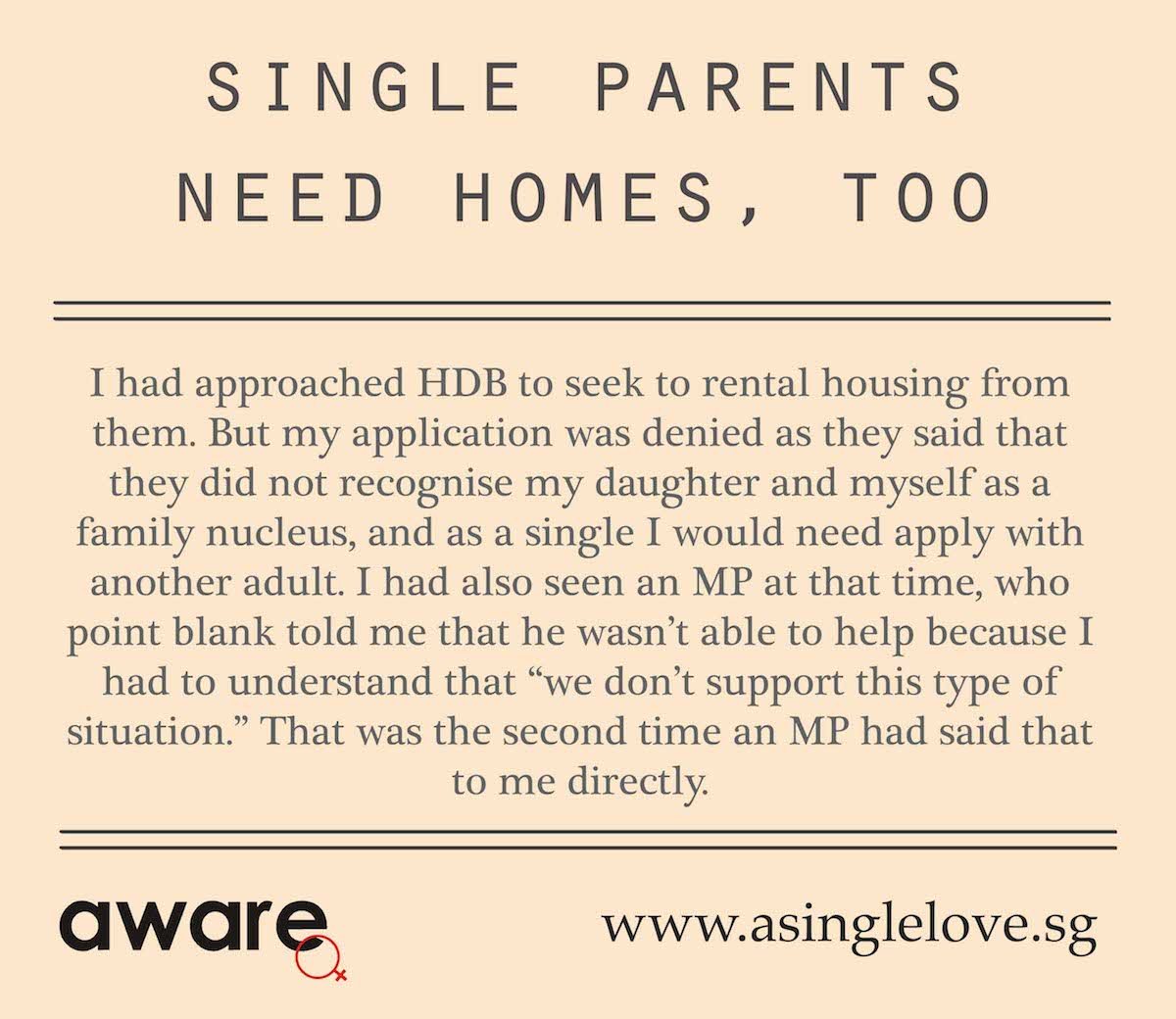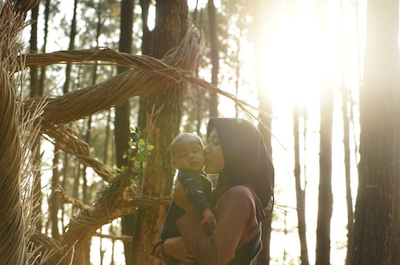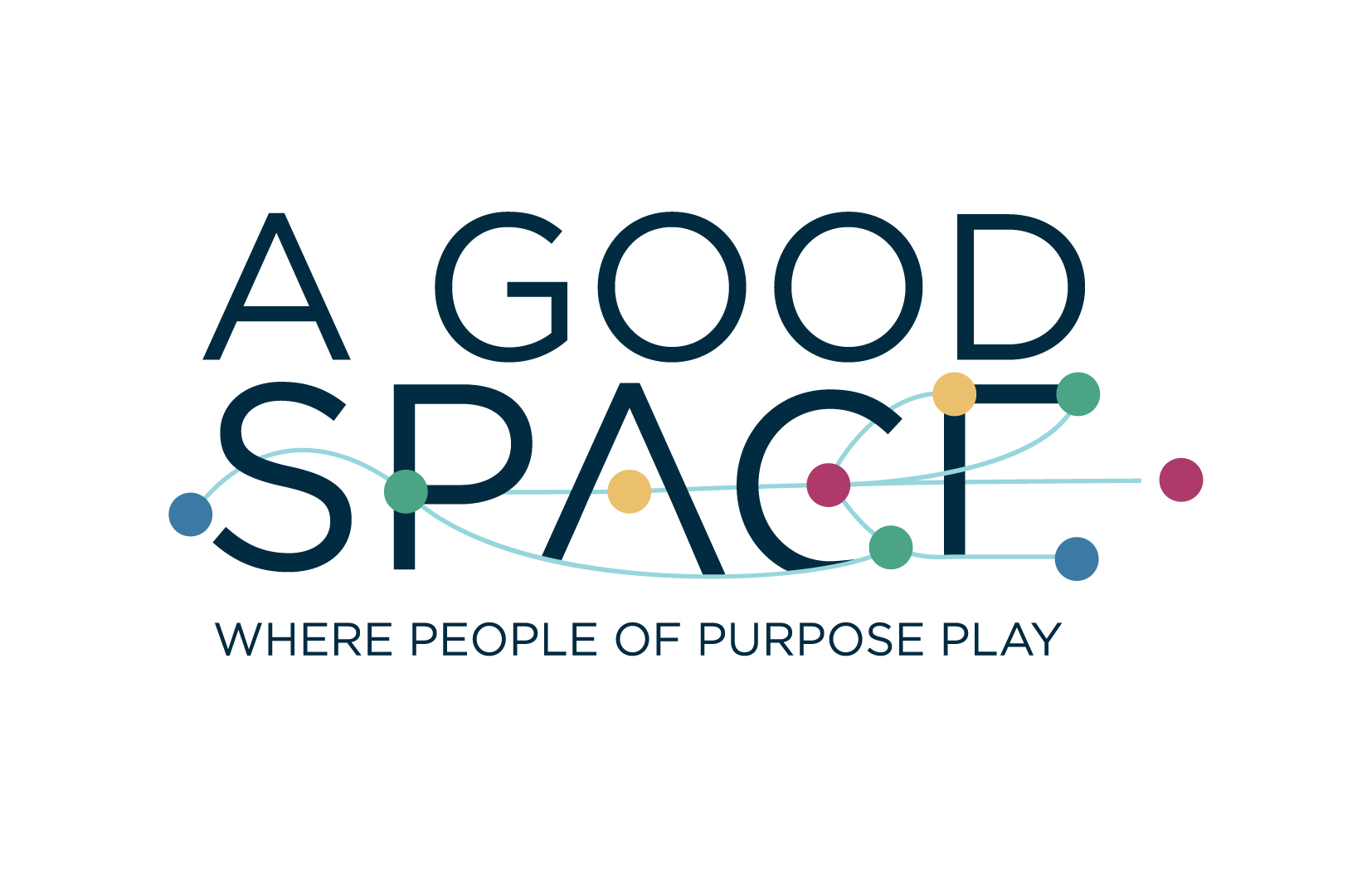This post was originally published as a press release on 21 November 2018.

A survey conducted by gender equality group AWARE and students from Ngee Ann Polytechnic’s Diploma in Psychology Studies programme found youth knowledge about contraceptives to be poor. Notably, more than half the respondents (51%) identified their fathers as the last choice of person to discuss sexual matters with.
The survey drew responses from almost 800 young persons (16 to 25 years old) on their sexual health knowledge and behaviour; their sources of information for sexual health knowledge; and their views on gender roles. Majority of the respondents (54%) were 18 years old.
Friends and partners were found to be popular sources of information on sexual health, and parents the least popular. Young people expressed uncertainty about their parents’ openness to discussing sexual issues, or perceived them as unapproachable.
Among those aged 18 and below, a minority (12%) have engaged in some form of sexual activity with another person. However, more than half (60%) of those who engaged in sexual activity did not take any precautions to avoid pregnancy or STDs.
Said Shailey Hingorani, Head of Advocacy and Research, “Young people have been given little information from trusted adults – like parents and teachers – on how to stay safe, healthy and make responsible and informed choices regarding sex, leading to inadequate sexual health knowledge. For instance, almost half wrongly believed that morning-after pills cause abortions.”
She said, “Unfortunately, many young people don’t feel comfortable approaching their parents for various reasons, which may include fear, distrust or established parent-child relationships based on judgment or punishment. If young people are not offered a space to speak openly about sexual matters, it may affect their willingness or ability to seek support should they have a sexual encounter they are uncomfortable with, or if they have crucial questions they need answered.”
“Additionally, the survey also found that youths with more comfort and confidence in discussing sexual matters with professionals, friends, parents or partners are more likely to have egalitarian views on gender roles, and are more likely to have better sexual health knowledge.”
To improve parents’ communication with their children, AWARE has developed a pilot programme, Birds & Bees, for parents who would like to start conversations about sexual matters, consent and healthy relationships at home.
Said Tan Joo Hymn, the organiser and facilitator of the Birds & Bees programme, “Parents generally have two main questions: “How do I talk to my child?” and “What do I say?”. The workshop will suggest useful strategies for communication, and discuss age-appropriate information for children, with opportunities for participants to practise those skills and interact with one another. Parents will also be encouraged to think about what values they wish to share with their children, within a framework of consent and responsible sex.”
Annex: Survey Findings
Sexual behaviour
- Among those aged 18 and below, a minority (12%) have engaged in some form of sexual activity with another person. However, more than half (60%) of those who engaged in sexual activity did not take any precautions to avoid pregnancy or STDs.
Sexual health knowledge
Youths answered questions that tested their knowledge on pregnancy, forms of contraceptives and condom usage.
- For half the questions, more than half of youths were unsure of the answer or answered incorrectly.
- One of the questions with the highest percentage of error was on morning-after pills. Almost half wrongly believed that morning-after pills cause abortions.
Sources of information for sexual health knowledge: Friends and partners most popular sources
Youths were asked about who they felt comfortable in speaking about sexual issues (pregnancy and childbirth, sexual assault, same-sex attraction, sexual intercourse, contraceptives, STD/AIDS) with.
The choices given were: professionals, parents, friends, partners and others. Friends and partners were the two most popular choices for youths.
Partners: 41% of youths identified partners as their first choice with whom to discuss sexual issues with. However, 40% of youths have never had face-to-face discussions on sexual issues with their partner.
Friends: Close to 30% of youths identified friends as their first choice with whom to discuss sexual issues with. 45% of youths often or always have face-to-face discussions of sexual issues with friends.
We found that youths with more comfort and confidence in discussing sexual matters with professionals, friends, parents, partners are more likely to have egalitarian views on gender roles, are more likely to have better sexual health knowledge.
Sources of information for sexual health knowledge: Parents the least popular sources
Parents were not a popular choice for youths to discuss sexual issues with. Those aged 18 and below often do not discuss them with parents at all. Fathers in particular, were the least popular person to discuss sexual matters with. More than half the respondents (51%) identified fathers as the last choice to discuss sexual matters with.
Youths are often unsure of their parents’ openness to discussing sexual issues, or perceive them as unapproachable:
- Close to 70% said their parents were rarely interested in their thoughts on sexual matters, or did not know if their parents were interested.
- Half said their parents rarely showed support when they spoke to them about their problems with sexual matters, or did not know if their parents would show support.
- Close to 60% said their parents rarely encouraged them to speak their minds about sexual matters, or did not know if their parents would encourage them to.
Mothers: 64% of youths rarely or never spoke face-to-face with their mothers on sexual issues.
Fathers: 75% of youths rarely or never spoke face-to-face with their fathers on sexual issues.
Perceptions of gender roles
Youths generally had egalitarian views on gender roles. They were not likely to agree with statements of male dominance and female submission. However, male youths were thrice more likely than females to agree with statements of male dominance and female submission. Youths were also divided on statements about gender roles in families. About half agreed that husbands should have primary responsibility for family income, and that wives should have primary responsibility for childcare.
Youths who had more egalitarian views about gender roles tended to have better sexual health knowledge.





 I had my daughter in 2003 when I was only 17 years old. Being a teenager, single, and unwed, I knew the road ahead will be tough and challenging but I wasn’t quite prepared for the lack of support the government gave me at that time.
I had my daughter in 2003 when I was only 17 years old. Being a teenager, single, and unwed, I knew the road ahead will be tough and challenging but I wasn’t quite prepared for the lack of support the government gave me at that time. 


 In Singapore, women earn a staggering S$640,000 less than their male counterparts over a 40-year career.
In Singapore, women earn a staggering S$640,000 less than their male counterparts over a 40-year career.
